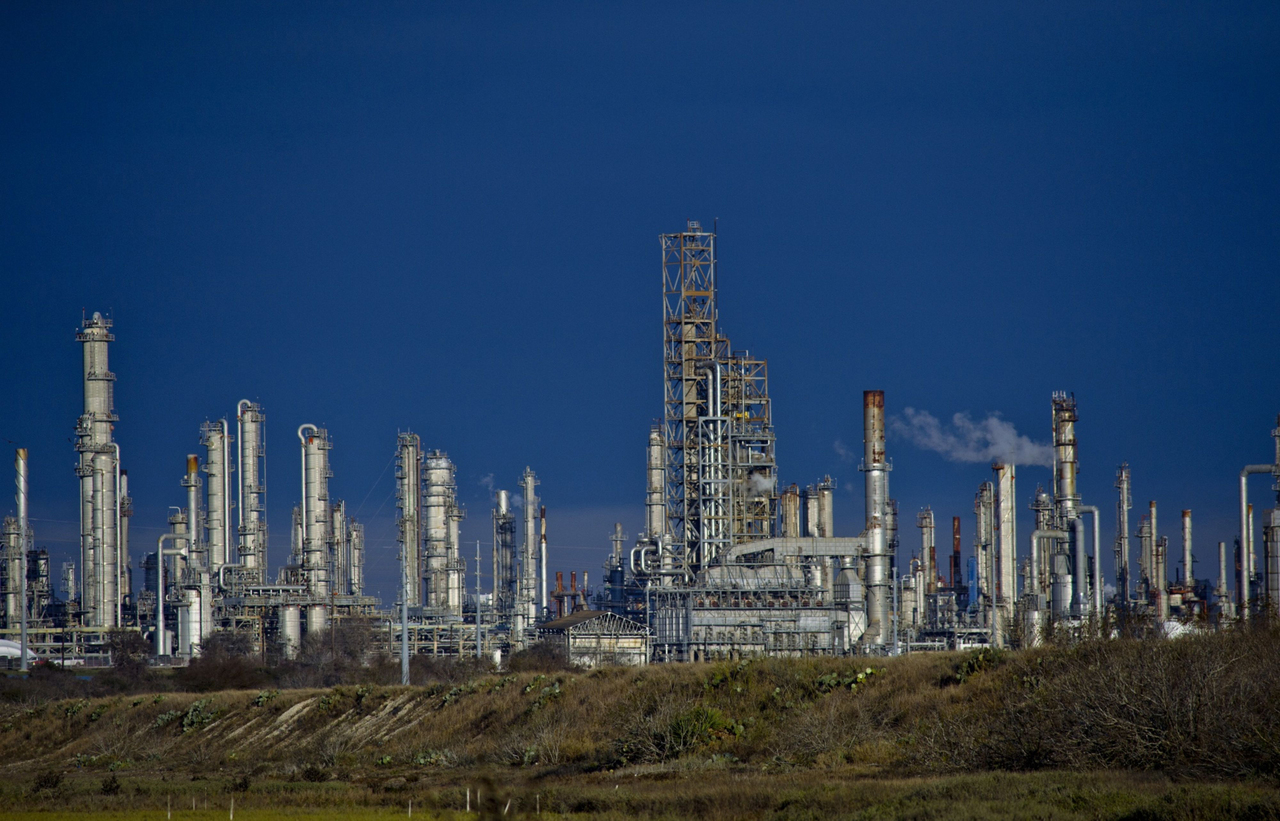For subscribers
Economic Affairs
How the war in Ukraine could reset global economy
Look out for changes in the energy and food trade and more supply-chain shocks
Sign up now: Get ST's newsletters delivered to your inbox

The end of the West's dependence on Russian energy is likely to be permanent.
PHOTO: BLOOMBERG
Economics has imported a concept from physics called "hysteresis". It is the idea that the effects of an event can persist even after the event passes. We saw this during Covid-19. Although it has not completely passed, we can say with some confidence that many of its effects will endure long afterwards, such as more people working remotely, more automation and digitalisation and less business travel. These changes could be permanent.
Hysteresis also applies in the case of the Russian war on Ukraine and the economic sanctions that have followed. Although the war is still raging, it will pass in due course. Regardless of its outcome, it will lead to rearrangements in the global economy and change the behaviour of countries and companies. Many of these changes, too, will be permanent. We are already seeing some of them.


